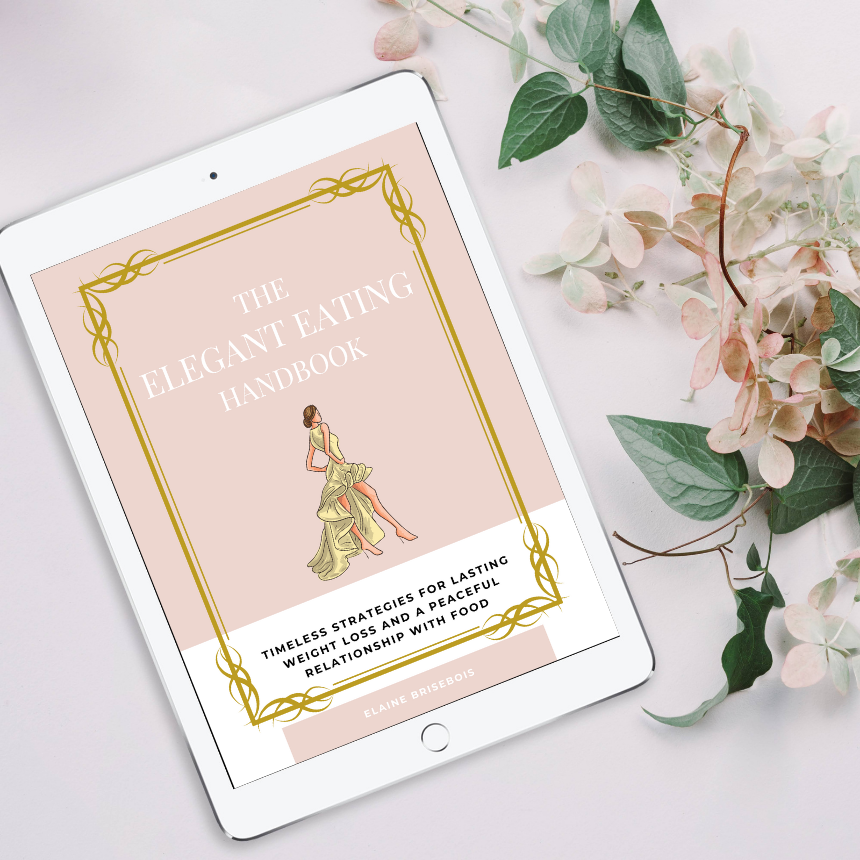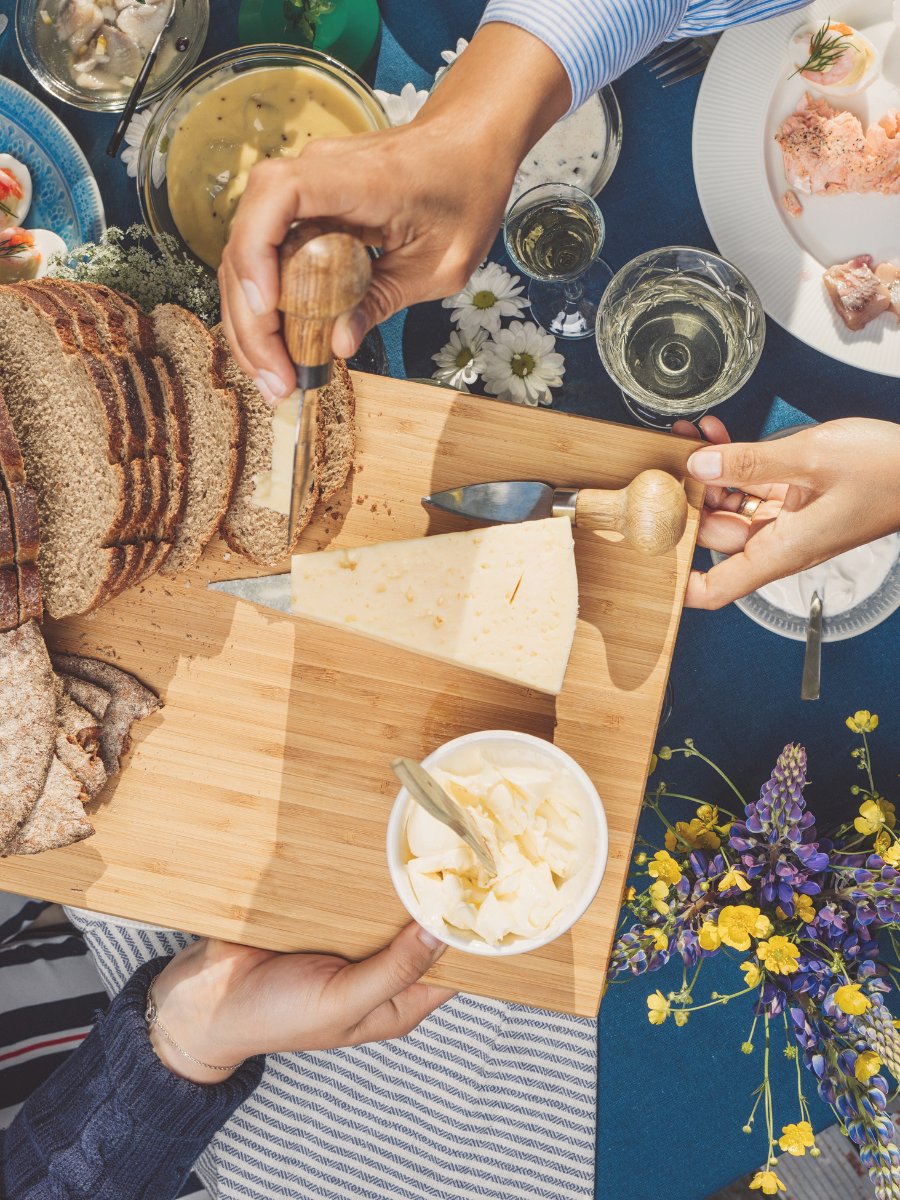Here are three strategies to help you achieve your health goals and build better habits.
1. Make Decisions Ahead of Time
When making decisions ahead of time, we use the pre-frontal cortex, or the part of our brain responsible for executive functions like problem-solving, planning, and acting with our goals in mind.
In-the-moment decisions are generally a result of the primitive brain’s interest in seeking comfort and safety and expending as little energy as possible.
And this is particularly true for those days when we’re already feeling a little pressed or tired.
When we make decisions ahead of time, we often take the other choices off the table.
This reduces a lot of that self-negotiation we experience in the moment.
Plus, decision fatigue is a real thing.
With fewer decisions to make in our already potentially busy day, the more mental bandwidth and energy we’ll free up to put toward those goals we want to accomplish.
2. Under-commit
If you’re not at least a nine or a 10/10 in confidence that you can follow through on a particular habit or goal, shrink your commitment (so you are).
Too often, we set ourselves up to fail ahead of time by overcommitting.
For example, let’s say you’d like to start exercising.
If you don’t exercise now, it’s probably not a great idea to commit to suddenly working out five days per week.
Rather, try committing to 1 or 2 workouts.
Then, once that starts to feel manageable, you can ramp things up from there. Plus, you can always over-deliver on yourself if you want.
It’s much better to under-commit and follow through than regularly overcommit and break your plans to yourself.
The former sets you up for consistent, small wins over time and builds your confidence, trust, and belief in yourself because you can honour your commitments, while the latter sets you up to feel discouraged, defeated, and lose trust in yourself.
3. Add “Feeling Discomfort” to Your Action Plan
Decide ON PURPOSE (ahead of time) to intentionally feel whatever discomfort comes along with following through on the goal or behaviour you want to accomplish.
Otherwise, you’ll quit when things feel hard.
Expect it, and know it’s a normal part of the behaviour-change process.
For example, if you commit to stop night-time snacking, you should expect to feel some uncomfortable emotions (i.e. boredom, restlessness) when the evening rolls around, and you don’t allow yourself free-reign over the kitchen pantry.
Or if you decide to go “sugar-free” for a period, it’s not like your desire for sweets automatically disappears.
There will still be an initial period of discomfort where your desire for it is still strong.
The same goes for when you’re getting into the flow of a new exercise routine.
There will be many times when you don’t feel like it.
Know that nothing has gone wrong; it just hasn’t become a habit yet.
And even when it does, there will still be plenty of times when you don’t feel like doing it – but you won’t make as much of an issue.
Rather, you begin to get comfortable with that particular flavour of discomfort.
***
P.S. If you desire high-level support in permanently losing weight, cultivating the health habits that support your lifestyle, and creating a more peaceful and pleasurable relationship with food, my 1-to-1 private coaching program covers it all and more.

Hi! I’m Elaine, a Certified Nutritionist and Master Certified Health Coach. I support women in achieving their health and body goals while prioritizing a peaceful and balanced relationship with food.

Get a free copy of my handbook!
The Elegant Eating Handbook: Timeless Strategies for Lasting Weight Loss and a Peaceful Relationship with Food.
share with friends
keep reading...




